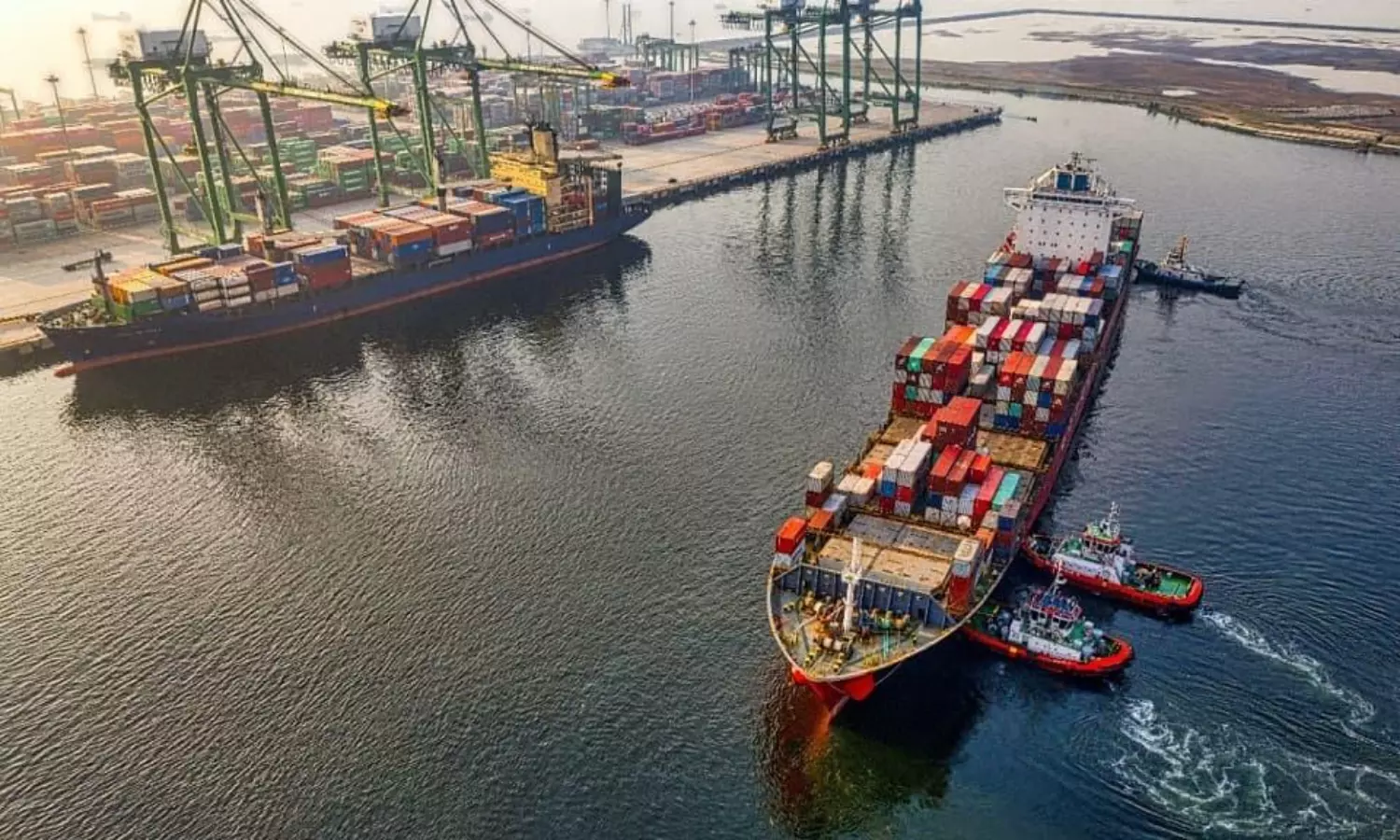Container market grows a modest 0.2% y/y in 2023 as fleet swells
Container fleet capacity in 2023 increased 8% from 2022 and 21% from 2019

The container market grew 0.2 percent year-on-year in 2023, ending at 173.8 million TEU. Compared to 2019, before the pandemic hit, the market was up 1.5 percent, according to the latest update from BIMCO.
"Container market growth has lagged behind overall economic development significantly as the world economy has grown 10 percent since 2019,” says Niels Rasmussen, Chief Shipping Analyst, BIMCO.
The container fleet capacity in 2023 increased eight percent from 2022 and 21 percent from 2019, the update added. "The order book of new ships will add nearly 25 percent to the capacity during the next four and a half years. Although recycling of older ships will moderate the future capacity, fleet growth will be significant."
Rasmussen adds: “Initially, the container market saw a strong rebound from the Covid crisis. Container Trades Statistics (CTS) estimates that in 2021 the market was 3.9 percent larger than in 2023 but has since lost nearly seven million TEU due to a contraction in both east/west and regional trades."
Trades within regions, so-called regional trades, contribute about a third of global volumes and have long been key growth drivers for the market."CTS estimates that combined volumes in the trade lanes fell 3.7 percent in 2023 to end only 0.7 percent higher than in 2019."
The trade within the Europe/Mediterranean region has been the biggest disappointment, the update added. "Volumes are estimated to have fallen 7.9 percent in 2023 to end 12.6 percent lower than in 2019. The reduction in trade between the EU and Russia since the war in Ukraine began has been a significant contributor."
Growth in the east/west trades between Asia, Europe/Mediterranean and North America regions has been hurt by a 12 percent contraction in backhaul trade lanes since 2019 whereas headhaul trades have grown 7.2 percent, the update added.
“Driven by the development in the Europe and Mediterranean and North America regions, the east/west headhaul trades account for nearly 60 percent of ship demand. The International Monetary Fund estimates that average annual growth into the two regions will be less than two percent during 2024-2025, adding to concerns about the future supply/demand balance,” says Rasmussen.


